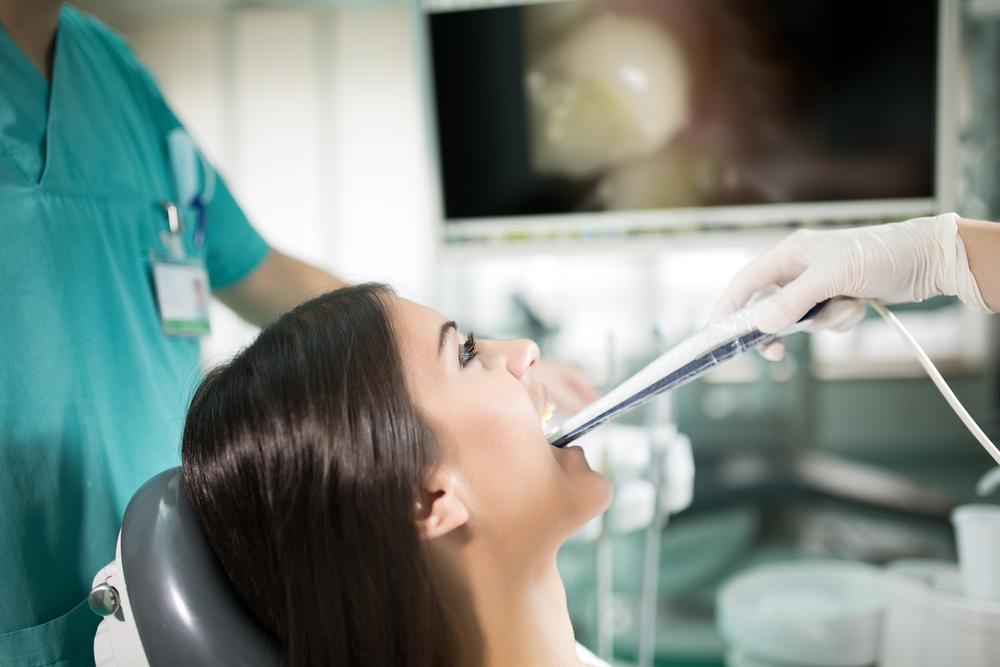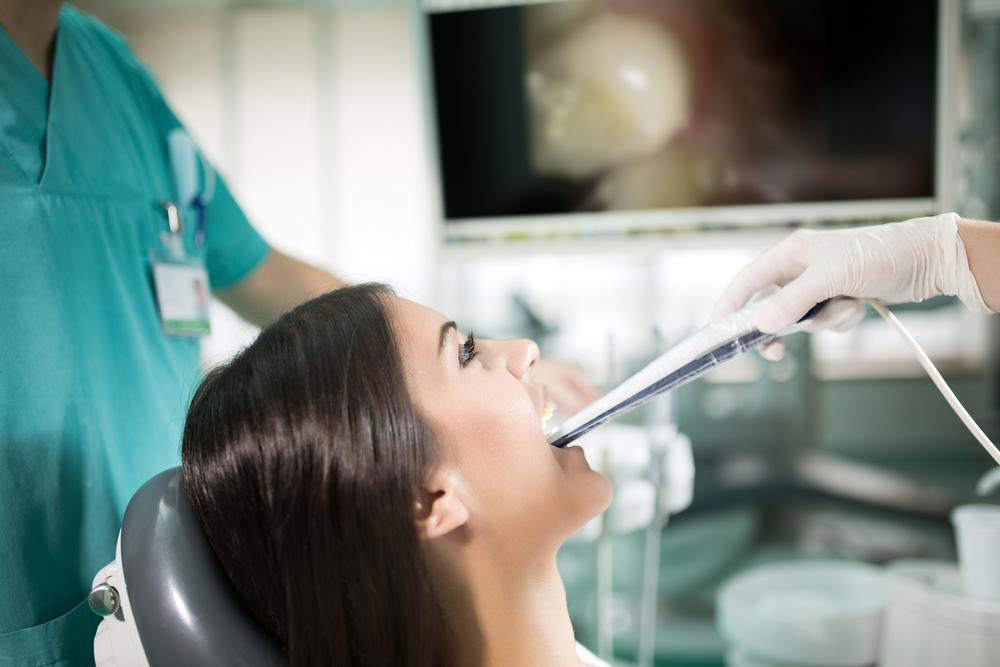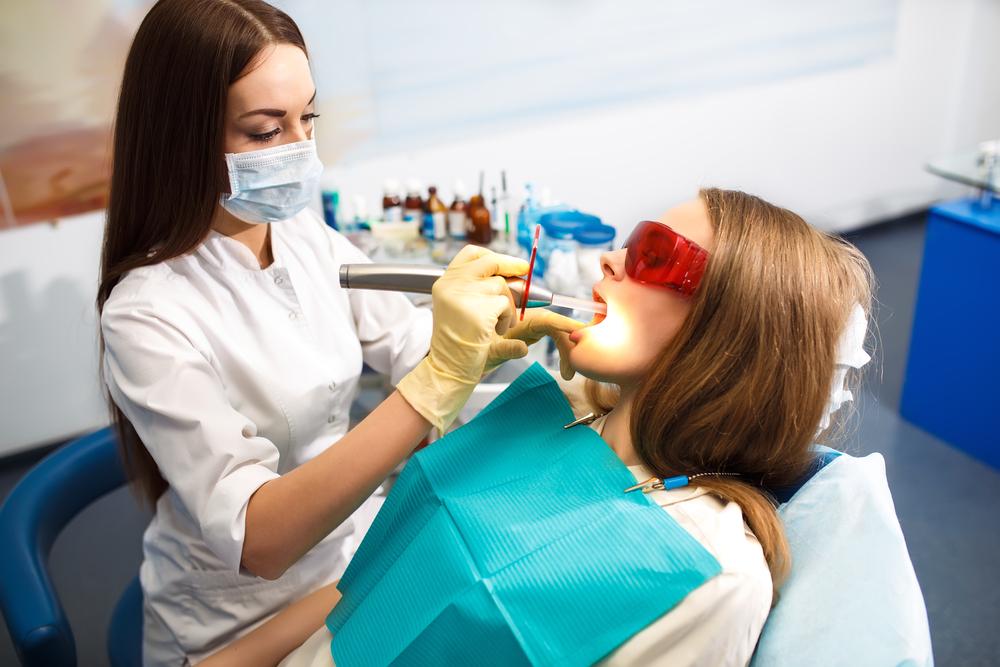Things to Know about Oral Cancer
Cancer on the inside of the mouth is specifically termed as oral cancer. It is sometimes referred to as the mouth or oral cavity cancer too. The regions where this cancer occurs are usually in and around the mouth. Although it can spread to other parts of the body, the initial occurrences are in the mouth itself.
The areas include lips, the surface of the tongue, and the roof and floor of the mouth, gums, inside lining of the cheeks, throat, and saliva producing glands.

Prolonged intake of tobacco and alcohol are the general causes of cancer. However, they need to be treated as early as possible. Although the exact reasons are yet unknown, the causes mentioned above are only catalysts that increase the risk factors of getting diagnosed with cancerous cells in one’s body or any specific region.
Causes of Oral Cancer
The potential causes of oral cancer are mentioned below:
- Smoking
Continuous smoking of cigars, cigarettes, or pipes that contain tobacco increased the chances of developing cancer by almost 65%. Simply chewing tobacco can also be a factor.
- Alcoholism
Excessive intake of alcohol is also dangerous for your health, and cancer may be caused due to this. If not directly, it surely contributes to the risk factors and other side effects which come with it, in order to damage one’s health.
- Infection
The human papillomavirus is the agent that causes the infection in the mouth and throat. One may develop this infection from sexual contact with an already infected person.
- Improper Diet
Even a poor diet can be a potential factor in causing oral cancer. One may develop various symptoms of cancer due to this.
- Inappropriate Oral Hygiene
Small cuts and wounds in the mouth for a longer period of time that have gone unchecked can also cause cancer. Even sharp-edged or broken teeth that generally touch the tongue to cause wounds and ulcers can be very dangerous.
- Exposure to the Sun and Heredity Causes
A prolonged exposure to the sun can damage the lips to cause cancer later on. Ancestral history is also a prime factor in causing cancer.
Symptoms of Oral Cancer
The most common symptoms are soreness and persistent lumps in the mouth. Consequently, a person will not be able to swallow or chew food easily. Bleeding and frequent numbness in the mouth is also experienced. There will be red and white patches in the lining of the mouth.
Apart from these, some secondary symptoms that may arise are sudden weight loss. One may also get some voice and speech problems. Their voice is likely to become hoarse. There will be difficulty in moving the jaw and the overall head and neck regions. The teeth in the gums are likely to become loose, and the gums also undergo painful stiffness. An individual is likely to experience a sensation of having something stuck in the throat.
Treatment of Oral Cancer
Similar to any other cancer, radiation and chemotherapy are done to cure oral cancer. However, it greatly depends on the overall health of the patient along with the position of cancer. Both radiation and chemotherapy involve the damage of the DNA of the cancerous cells. As a result, they lose their power to reproduce and the healthier cells remain to live and grow. One may also undergo surgery to remove the tumor along with a little amount of healthy tissue around it for preventing it from recurrence.




